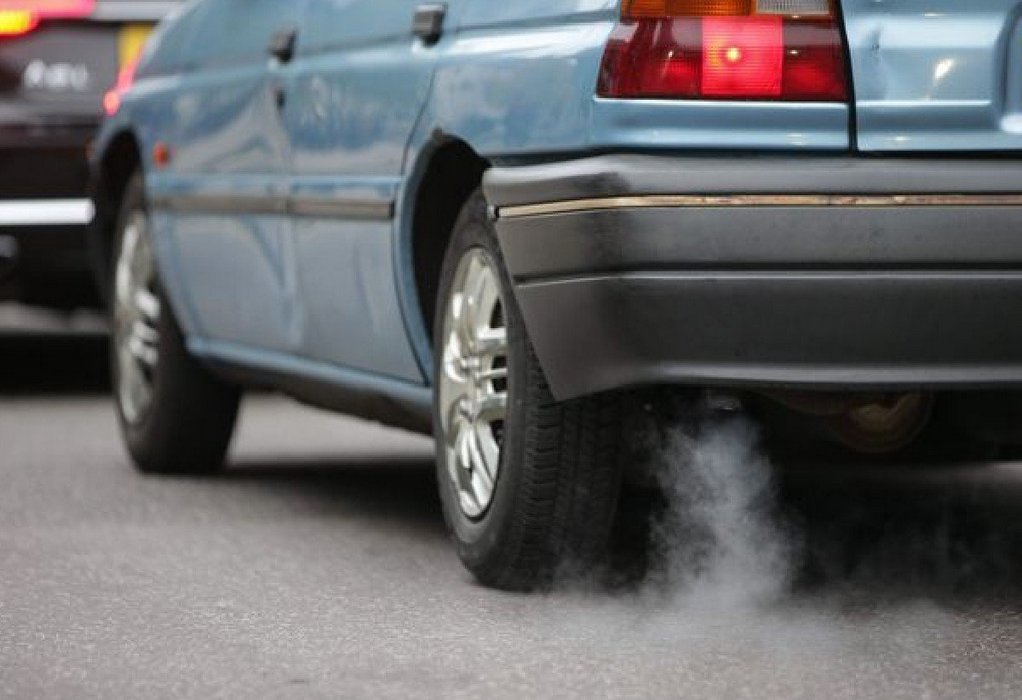The drive to E20 compliance in the Indian automobile industry is on schedule. In line with the government’s thrust towards ethanol adoption in India, apex industry body Society of Indian Automobile Manufacturers (SIAM) organised a technology demonstration on ‘Ethanol Adoption – Flex Fuel Vehicles in India’, at India Habitat Centre, New Delhi on December 12.
The event was held with an aim to demonstrate the readiness of automobile manufacturers for ethanol adoption through multiple segments of FFVs (Flex Fuel Vehicles) slated to be launched, particularly in the four- and two-wheeler segments.
Nitin Gadkari, Union Minister of Road Transport & Highways, government of India, inaugurated the demonstration session where some vehicles and technological developments were showcased to disseminate information about FFVs and future possibilities. The demonstration was organized as a part of the year-round activities to promote the use of ethanol.
Maruti Suzuki India, TVS Motor Company, Bajaj Auto, Hero MotoCorp, Honda Motorcycle & Scooter India, Suzuki Motorcycle India, Yamaha Motor India and Royal Enfield showcased their progress at flex fuel technology at the event.
The government has mandated SIAM to promote ethanol as a transportation fuel, jointly with the Ministry of Heavy Industries (MHI). The important deadlines decided for all-India implementation of E20 are 2023 for vehicles to be material-compliant, and 2025 for vehicles to be fully E20-compliant. E20 compliance means an ethanol blend of 20% and 80% of petrol.
In his address, Nitin Gadkari said: “Ethics, Economy and Ecology & Environment are the most prominent three pillars of our society. The whole world is marching towards carbon neutrality. We need to have technology that we can use to convert waste to wealth. India uses the maximum amount of fossil fuel in the world, and 40% of air pollution is caused by fossil fuels. Therefore, it’s our responsibility to spread awareness and impart education about ethanol-blended petrol and its benefits, compared to traditional fuel. The fuel import costs of India will be reduced by a huge margin, thus saving foreign exchange fund and building strategic advantage of being Atmanirbhart.”
Speaking at the event, Vinod Aggarwal, President, SIAM, CEO and MD, Volvo Eicher Commercial Vehicles, said: “Stakeholders in the ethanol value chain have received continuous support from the government which will enabled the transition to sustainable mobility. The Indian automobile industry and SIAM have been proactive in supporting the government’s vision, leading to adoption of E10, 5 months ahead of schedule. We are now aligned for rolling out E20 material-compliant vehicles from April 2023 and production of E20-tuned engine vehicles from April 2025 and the Indian automobile industry has developed products to enable this shift. Ethanol adoption, apart from leading to GHG emission reductions, will also help the country reduce its import dependence and thus saving precious foreign exchange, which is aligned with SIAM’s vision of Building the Nation Responsibly”.
Tags: E-20, FFVs, India Auto, SIAM

Recent Posts
Fossil fuel capacity grows 2.44% in FY24
COSCO launches fully-electric 10,000 ton container ship service
Bergen Engines to power world’s largest hydrogen ferries
GCMD announces appointment of 2 key positions
Marathon refinery aims for 100% production capacity
Japan energy policies for increased zero-carbon power generation
Chapman Freeborn OBC to reduce carbon emissions
OTG develops programme on ammonia fuel safety